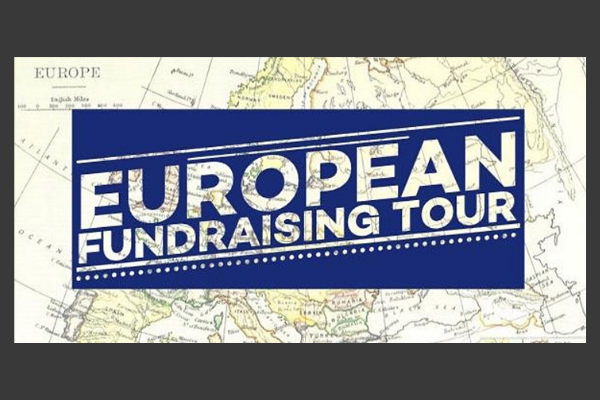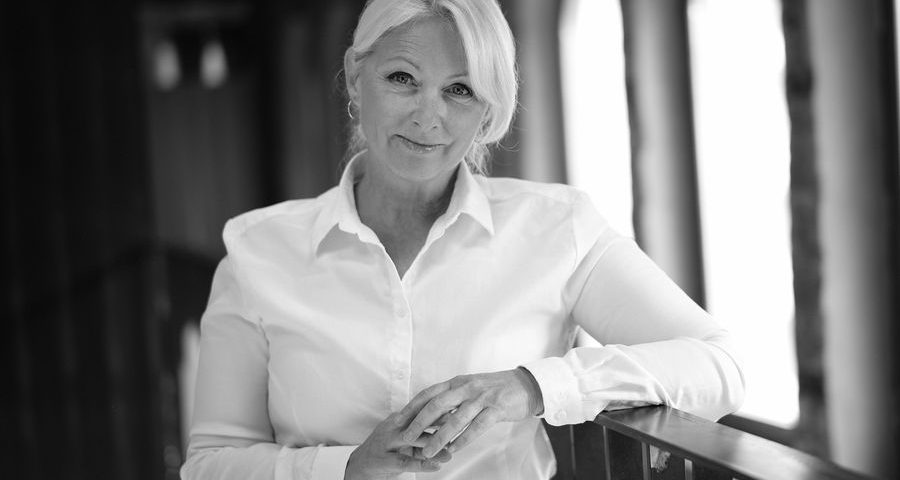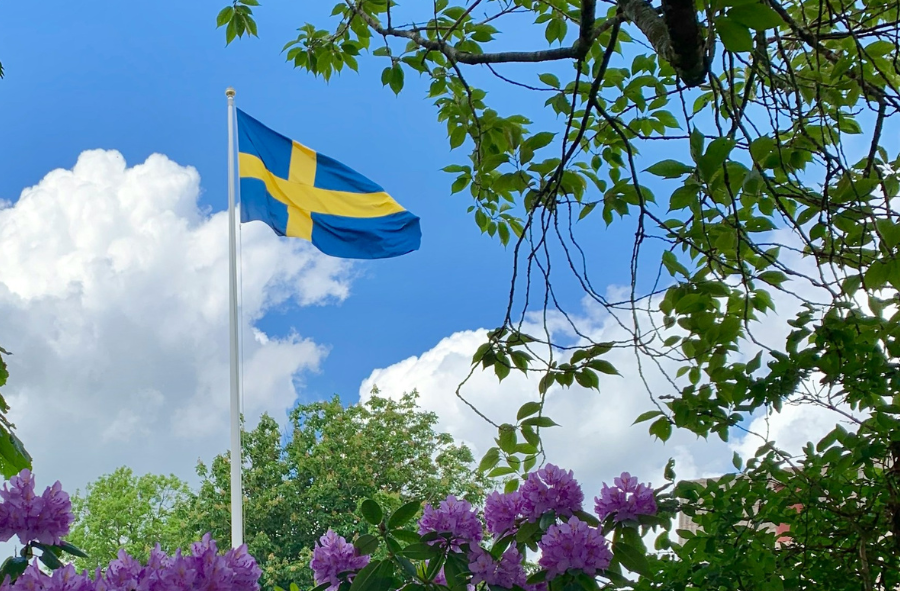
Five key takeaways from the 2021 European Fundraising Tour
December 8, 2021
Nonprofit income is recovering, but pandemic takes its toll on sector workforce, survey reveals
December 8, 2021Fundraising Norway is calling on the country’s government to reconsider a proposal to halve the maximum tax deduction for donations to charitable organisations from 50,000 NOK to 25,000 NOK.
Fundraising Norway, which represents 122 members including the Red Cross, the Cancer Society, Amnesty and SOS Children’s Villages, is asking the Parliament to keep the tax deduction at 2021’s level or risk disadvantaging the country’s nonprofits and those they support.
The proposal is to offer full VAT compensation instead, but in a written response to the government’s consultation on the proposal, signed by secretary general Siri Nodland (pictured), Fundraising Norway states that while it understands that the Parliament`s proposal is aimed at reducing the tax deductions available to the country’s wealthiest citizens, it believes such a move will instead harm the more vulnerable in society. While full VAT compensation would be welcomed, it would not mitigate the impact of halving the tax deduction.
It also cautions that tax deductions for gifts are proven to work well as an incentive for increasing donations from both individuals and businesses to the nonprofit sector, and that ambitions for the sector to play a greater role in contributing to better public health and welfare are at odds with the proposed change. In fact, figures quoted in its response show that the number of taxpayers participating in the scheme has grown over the years: 282,000 took part in 2003, rising to just over 750,000 taxpayers in 2016.
Commenting on the proposals, Siri Nodland said:
“The proposal that is now on the table is a big step in the wrong direction from a government aiming to provide a good framework for financing voluntary organisations.
“The tax deduction scheme stimulates private donors. The income from private donors is as much as 44% according to Statistics Norway. These revenues give nonprofit organisations more financial independence, supporting core activities, and giving increased freedom to work towards their aims. At the same time, these are funds that can be used for development and innovation, for example to follow society’s digital development.”
“We have asked the Parliament to reconsider and think about the effect on society. For this is not a good redistribution policy. On the contrary – here the government hits the very weakest and those without a voice in the public debate. It is the good causes that will be affected by this change – not the richest in society.”
Picture by Ingvild Vaale Arnesen




